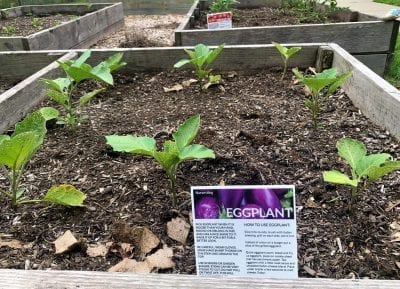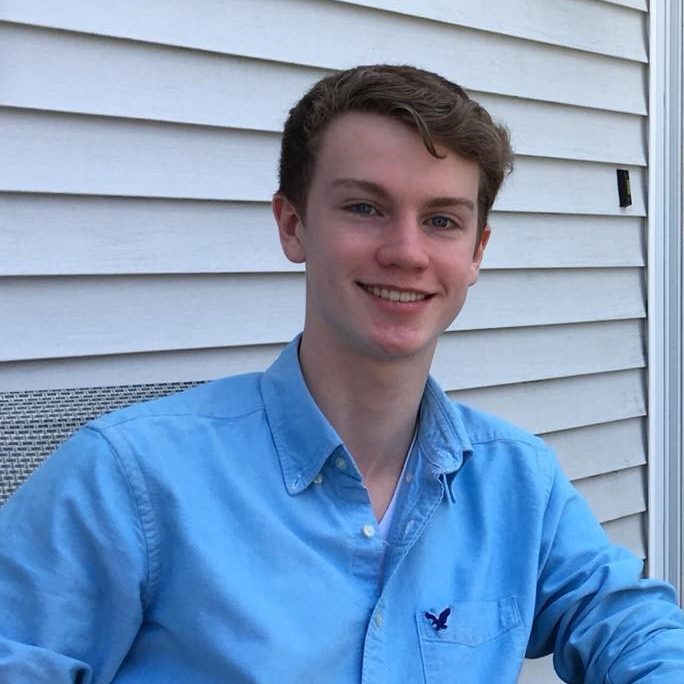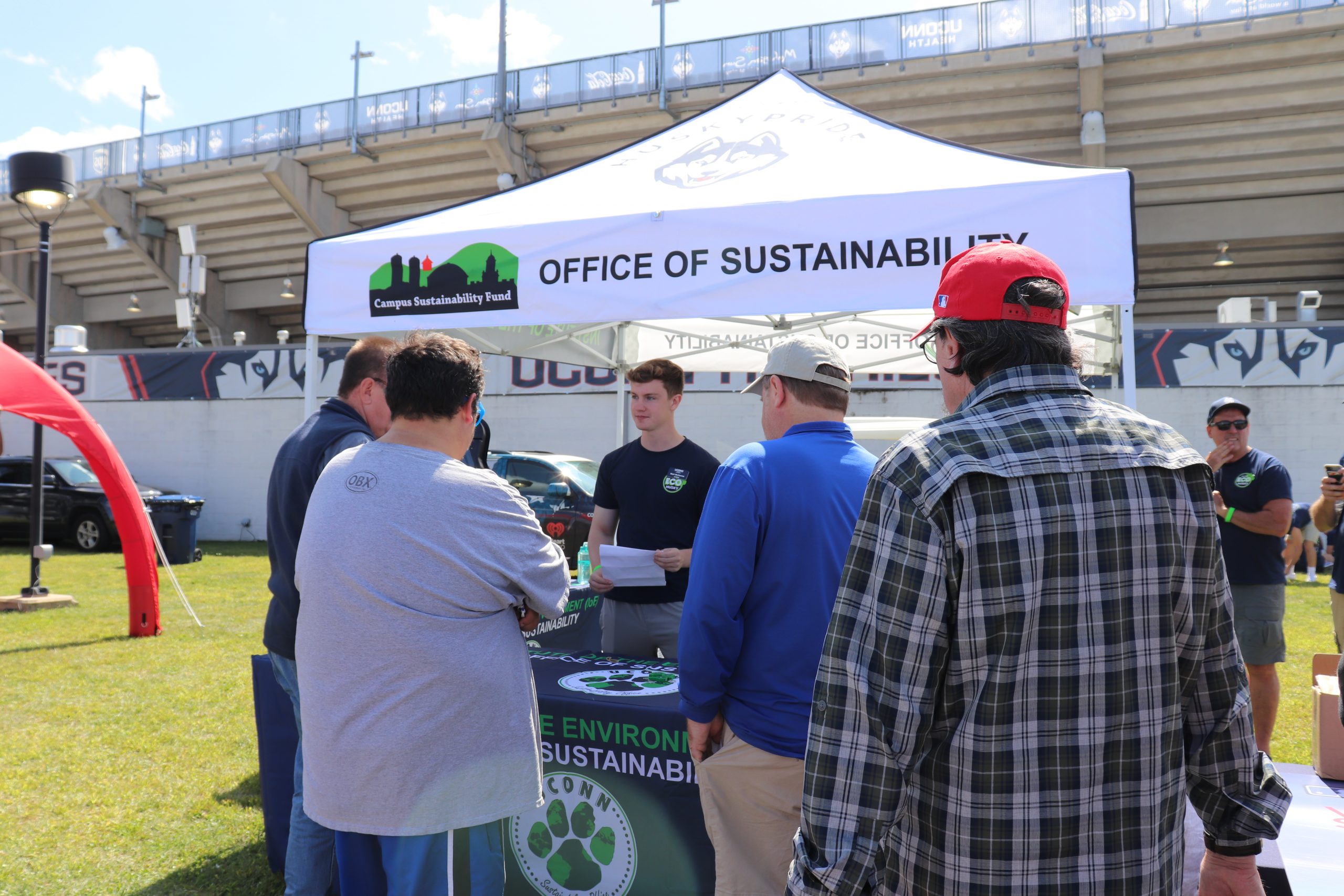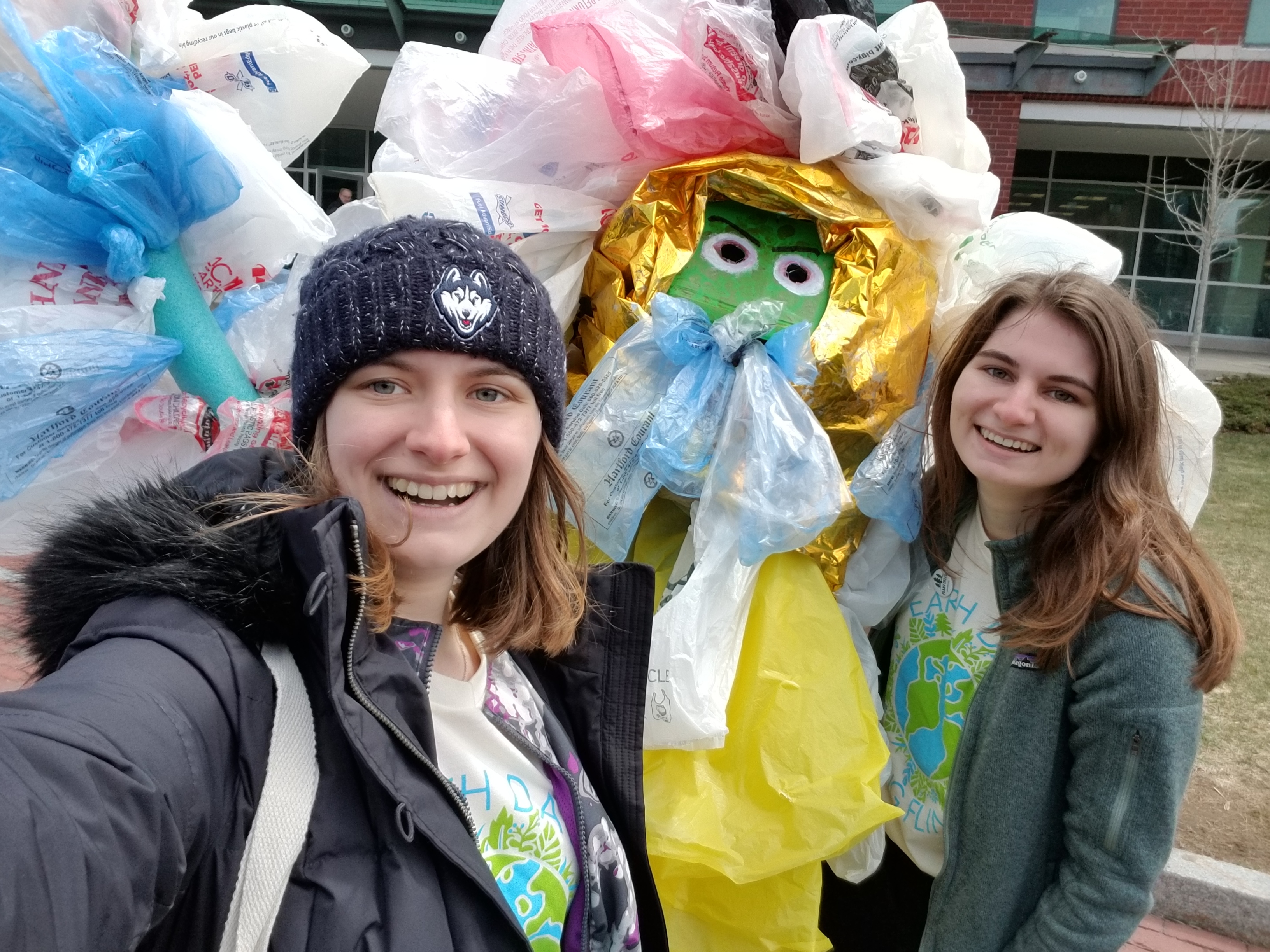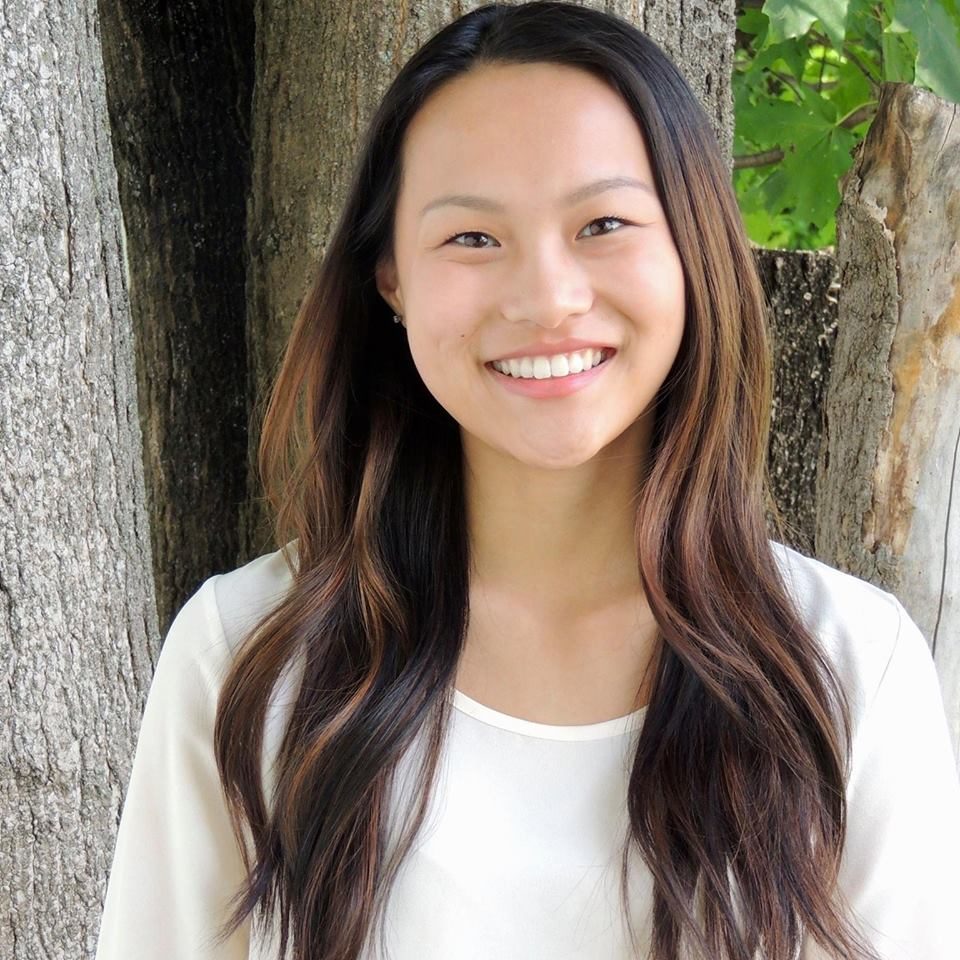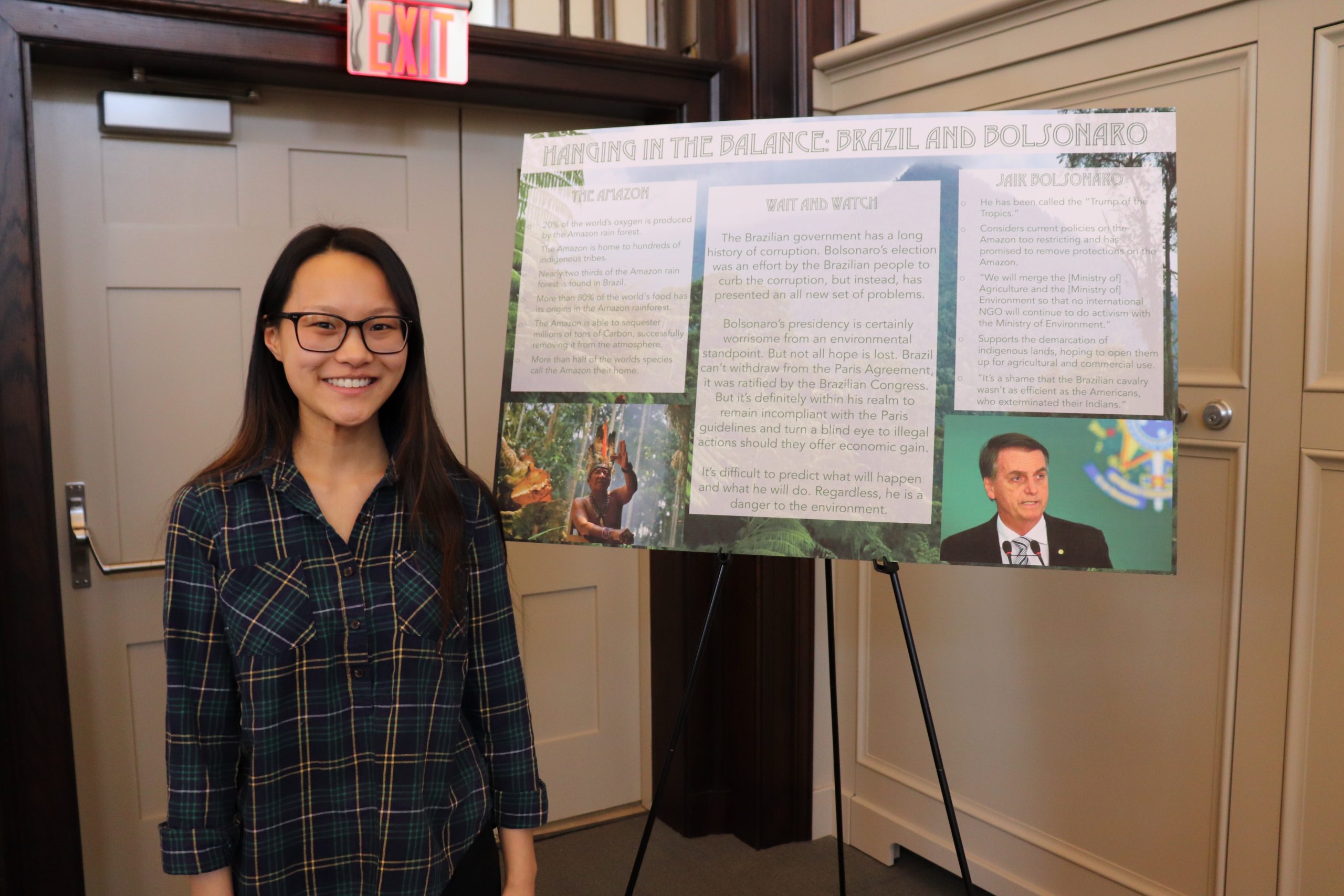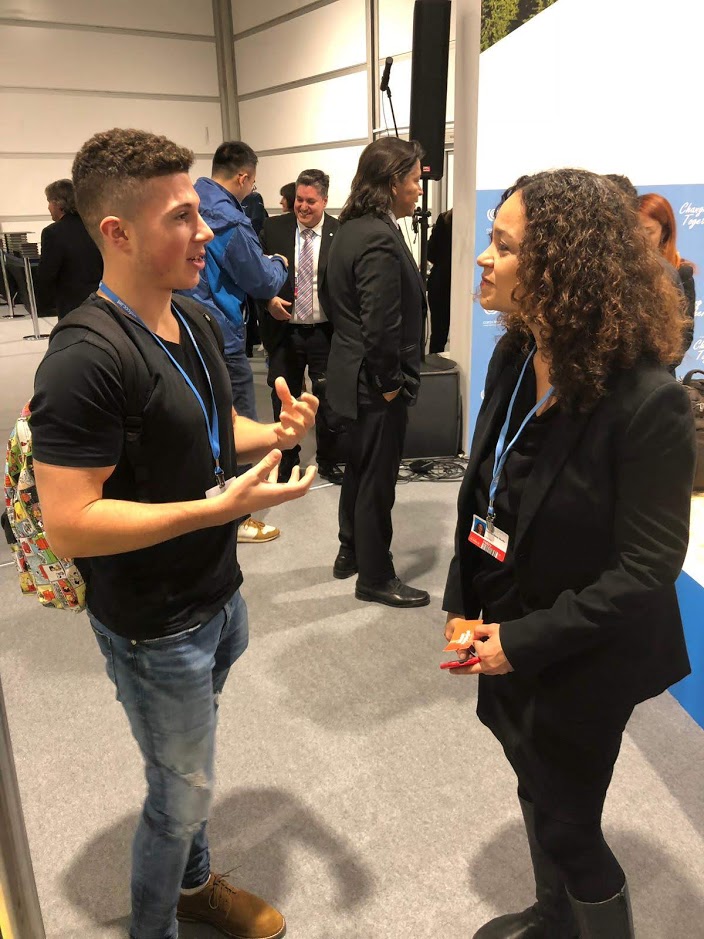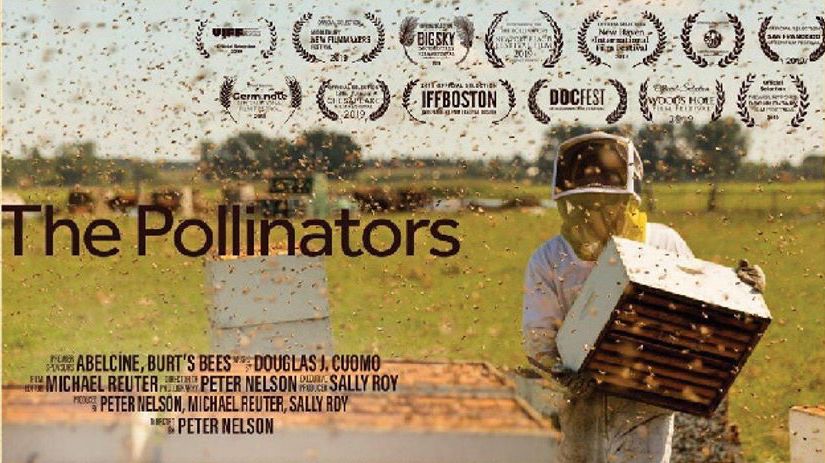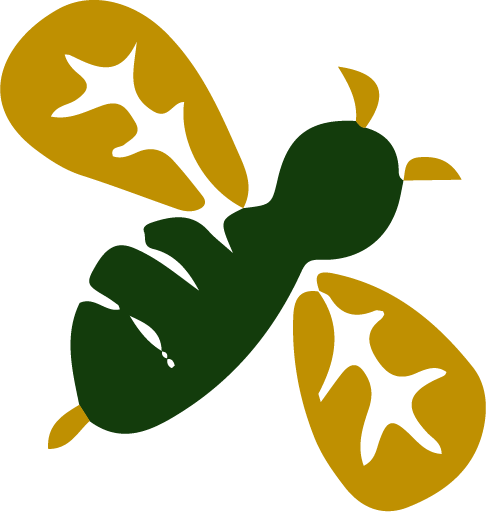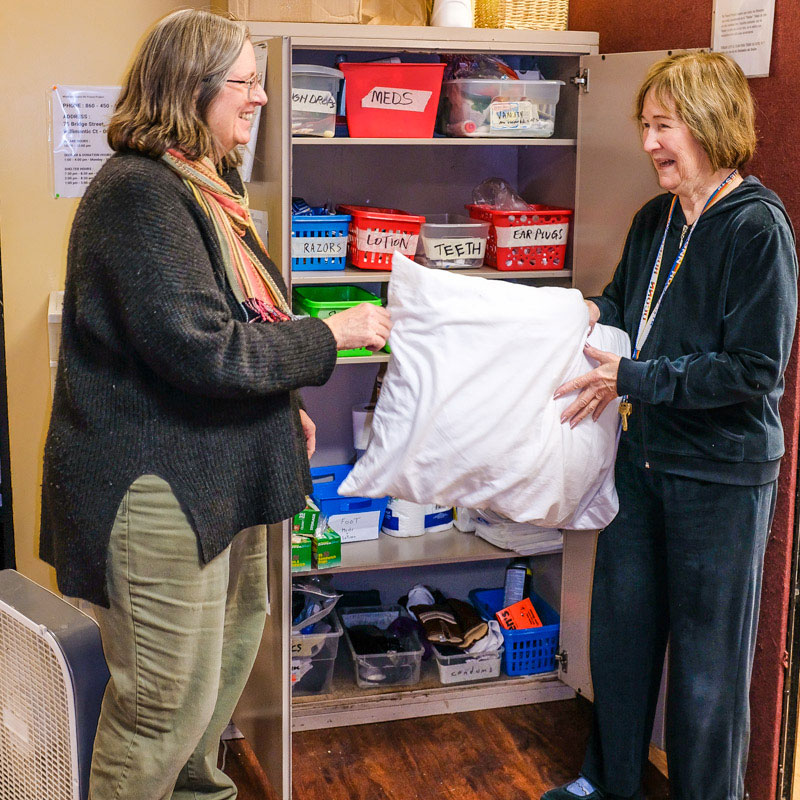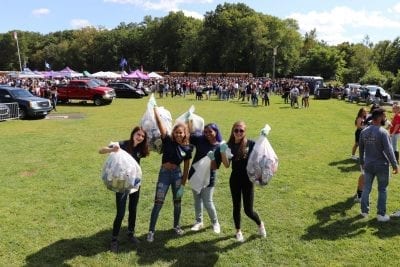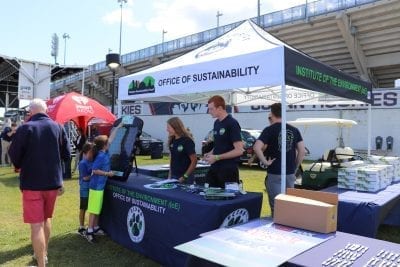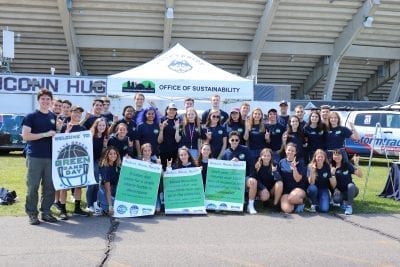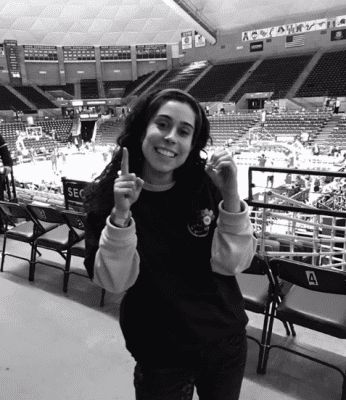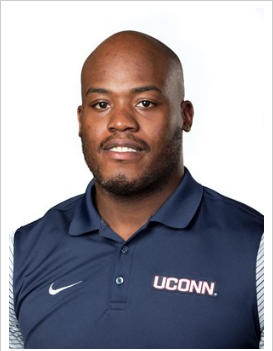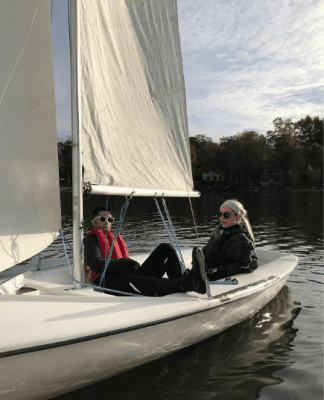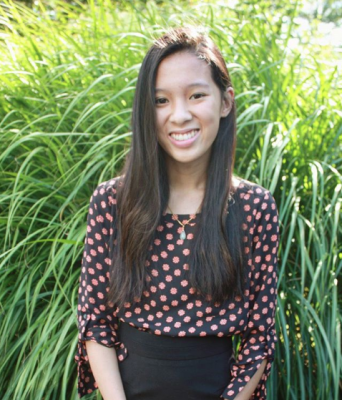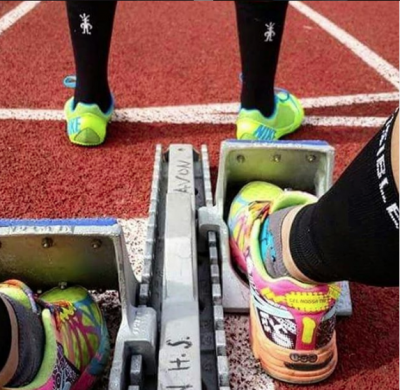by Marissa Naclerio
Editor’s Note: During these times of uncertainty, finding ways to proactively care for ourselves and our surroundings can have a grounding effect. However, we must recognize that having this opportunity is a sign of our privilege. I encourage you to take a moment to appreciate the labor of essential workers.

Eco-conscious consumerism may seem like an unlikely investment of time during a global pandemic, but quarantine has allowed many of us to slow down and listen to our bodies. Practicing self-care can take many forms and adopting a skincare routine is one. When we discuss personal care products, however, we should also consider the life cycle and environmental impacts of their packaging.
According to a report compiled by Statista, the 2020 United States skincare market has generated $18.1 million and the average consumer has spent $55 on skincare. The bottles, tubes, and containers used annually by the cosmetic industry adds up to 120 billion units of plastics packaging. But how does this hurt our planet?
Of the 120 billion units of plastic packaging used each year, 70% ends up in landfills. Bioplastics do not degrade naturally or within the average human lifespan. They can be composted, but require such an intense degree of heat to break down that they must be returned to an industrial compost site.
Through the dumping of waste in developing nations and irresponsible waste collection practices, plastic ends up in our oceans and breaks down into microplastics. When ingested, plastics and microplastics jeopardize the health of marine life and move in such a way mimic the movements of prey consumed by fish and seabirds. Plastic pollution, which PEW Research Center estimates currently totals up to 8 million pieces of plastic in the ocean, can also become entangled with aquatic life. This has resulted in the strangulation of sea turtles and marine mammals’ necks, and the asphyxiation of aquatic life.
Alternative forms of packaging have been used by companies in response to rapid deforestation and plastic pollution. An increasingly popular material is bioplastic, which is made from the sugars in corn starch, cassava, and sugar cane. Bioplastics are defined by being composed of 20% or more renewable resources, and are free of the hormone-disrupting chemical BPA (bisphenol A). This alternative seems appealing compared to the use of petroleum-based packaging, but the conservation community warns that there are many contingencies to the success of bioplastics. It is often cited that they emit less carbon dioxide than petroleum-based plastic, due in part to the fact that they are not unearthing trapped liquid carbon dioxide. However, a study conducted by the University of Pittsburgh found that extensive land use, as well as fertilizer and pesticide application, lead to more pollutant emissions than traditional plastic. Not only are these agricultural practices harmful to the environment, but they also threaten our hormonal and skin health.
The use of “natural” ingredients in products and packaging disproportionately impact people of color. On the agricultural side, migrant farmworkers in the United States experience routine exposure to pesticides and other environmental hazards associated with industrial farming (such as California’s continued wildfires), heat stress, and contaminated drinking water. These laborers are essential to the $200 billion agricultural industry, yet farmworkers make about 40 cents per bucket of produce picked. On the consumer side, there has also been an uptick in lawsuits based on exposure to toxic ingredients in household brand health and beauty products. A notable example is litigation based on mercury contamination in skin-lightening products. The American Journal of Obstetrics and Gynecology issued an opinion that women of color are disproportionately exposed to unsafe ingredients in beauty products due to the societal pressures they face to conform to Western beauty standards. For these reasons, looking at sustainability through the lens of human rights and racial/social justice is key to the growth of the sustainable skincare/beauty industry.
So where does our beauty waste go?
Our demand for resource-intensive products contributes to the loss of 18 million acres of forest each year. This is because skincare products contain ingredients like soy, palm oil, and sugar cane, which are grown on large-scale farms that consume extensive stretches of land. Not only are the effects of our consumption felt on land, but also seen in the oceans. Alarm has been raised surrounding the ethical implications of agricultural sourcing. By diverting land and energy away from food production, companies are exacerbating food insecurity in many developing countries. Ecovia (formerly Organic Monitor), a market research firm that examines the organic beauty industry, compares the debate over “beauty crops” to that of biofuel. While both are striving to improve sustainability in their markets, advancing technology while failing to address food security ignores the basic human right to food. Developments in the industry, such as the commitment to sustainable palm oil-sourcing (see Roundtable on Sustainable Palm Oil), have been created to address these concerns. Similar roundtables exist for soybeans and cocoa, all with the intent to responsibly and ethically grow consumer crops.
How can you find sustainable skincare products?
Greenwashing has frequently become more apparent as brands jump onto the eco-conscious trend. This term refers to the marketing strategy which deceives consumers into believing that the product is better for the environment (i.e. by having a lighter carbon footprint or donating to an environmental organization). Usually, greenwashed products use earth tone colors, have pictures of natural landscapes and/or leaves, and include key words such as “eco-,” “natural,” and “sustainable.” Greenwashing misleads consumers to think they are making decisions that positively impact or vaguely-reference the environment, when in reality, these companies continue to package in plastic and encourage wasteful consumption patterns. Many argue that bioplastics are an example of greenwashing due to inadequate composting infrastructure or consumer understanding of the waste process.
Along with greenwashing, be wary of the word “organic.” The U.S. Department of Agriculture has a certified organic label indicating that the crops “are grown and processed according to federal guidelines addressing… soil quality, animal raising practices, pest and weed control, and use of additives. Organic producers rely on natural substances and physical, mechanical, or biologically based farming methods to the fullest extent possible” (USDA 2012). According to the New York Times, an amendment to the certification allowed 38 synthetic ingredients into organic products. With this in mind, conducting research on specific company policies in regards to ethical and sustainable sourcing is key. Look for Fair Trade Certified and Roundtable on Sustainable Palm Oil Certified products when possible, and explore package-free products/options! Becoming more environmentally conscious doesn’t happen overnight – and it isn’t always financially sustainable for many people. Mindfulness about our practices and consumerism doesn’t mean we’re doing everything right, but that we’re conscious and working towards change.
Thank you. Gracias.
Want to know more about how UConn is making sustainability progress? Follow us on Instagram and join our Newsletter!
UConn Office of Sustainability on Instagram
Newsletter Sign Up
Directly Fund Sustainability Progress at UConn
Donate
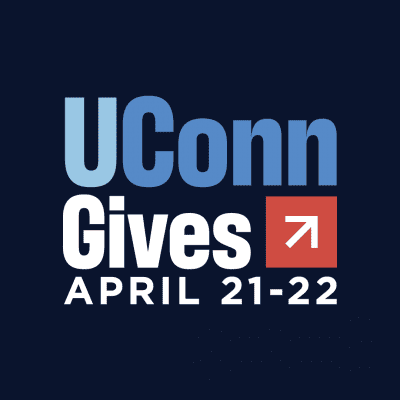 UConn Gives, the annual 36-hour fundraising event at UConn, will be taking place on April 21 and 22. Every year, the UConn community rallies to support many different causes on campus, including our own Campus Sustainability Fund and the UConn@COP Fund!
UConn Gives, the annual 36-hour fundraising event at UConn, will be taking place on April 21 and 22. Every year, the UConn community rallies to support many different causes on campus, including our own Campus Sustainability Fund and the UConn@COP Fund!  Mexican-Chilean activist and member of the Otomi-Toltec Nation. She is from San Pedro Tultepec, Mexico, where she was rais
Mexican-Chilean activist and member of the Otomi-Toltec Nation. She is from San Pedro Tultepec, Mexico, where she was rais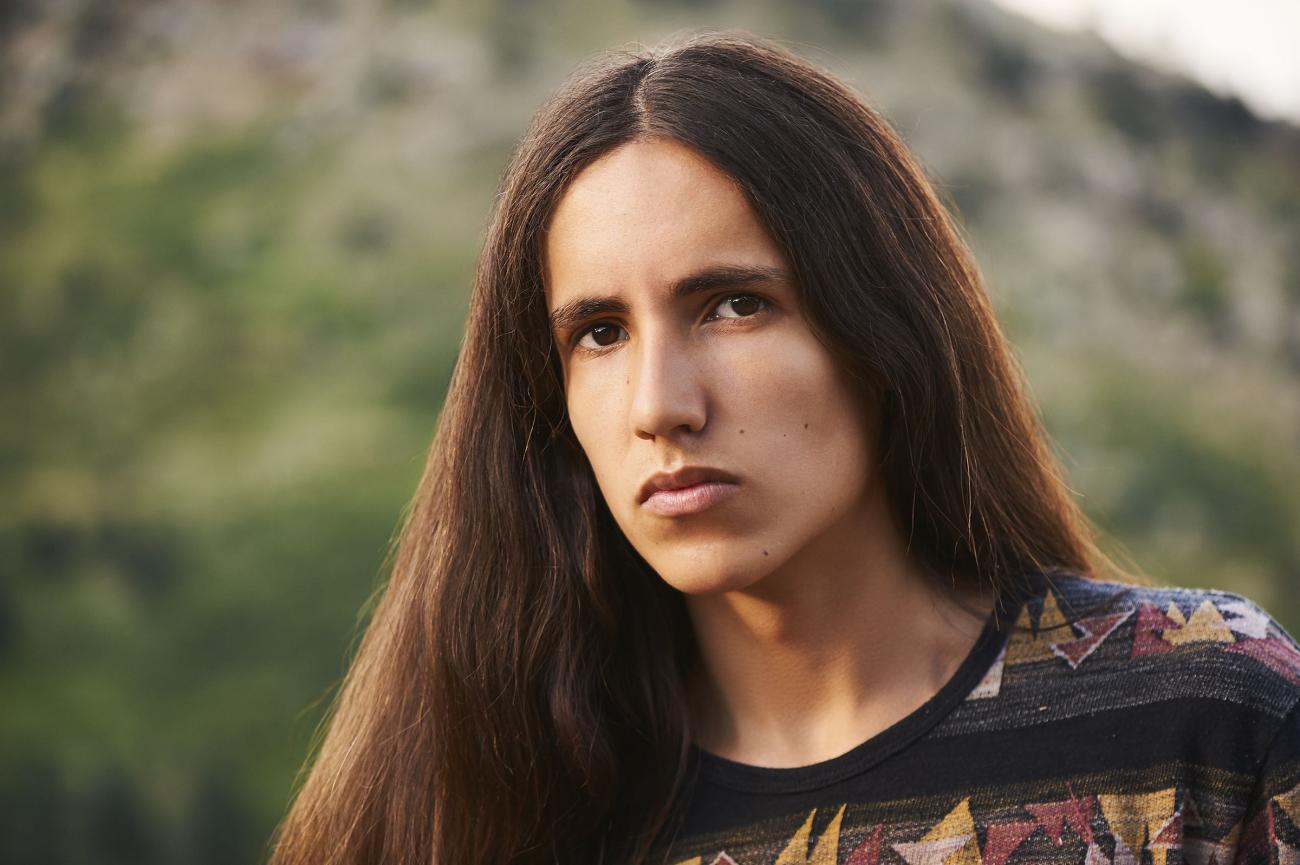 Xiuhtezcatl Martínez is a nineteen-year old activist who wrote a book entitled We Rise: The Earth Guardians Guide to Building a Movement That Restores the Planet. His book examines the failures of world leaders to solve the climate crisis and suggests tangible steps that youth can take to mobilize their communities. Martínez is a youth director for
Xiuhtezcatl Martínez is a nineteen-year old activist who wrote a book entitled We Rise: The Earth Guardians Guide to Building a Movement That Restores the Planet. His book examines the failures of world leaders to solve the climate crisis and suggests tangible steps that youth can take to mobilize their communities. Martínez is a youth director for 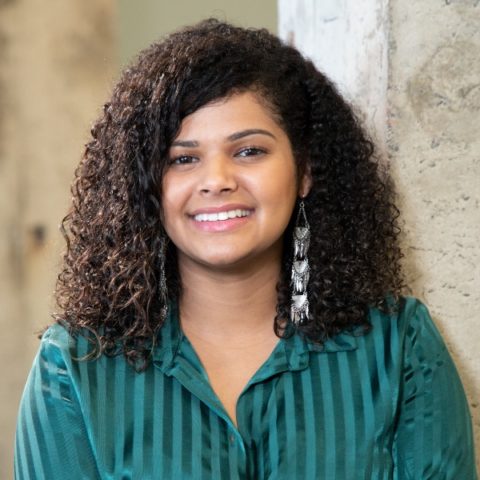 by volunteering during Barack Obama’s first presidential campaign. She studied political science at the University of Nevada Las Vegas, and has worked with advocacy groups such as Mi Familia Vota. Lorenzo frequently mentions that conservation is an inherent part of Latinx culture. While families are motivated to save money, there is an added benefit of reusing and wasting less. Lorenzo worked on environmental justice programs through
by volunteering during Barack Obama’s first presidential campaign. She studied political science at the University of Nevada Las Vegas, and has worked with advocacy groups such as Mi Familia Vota. Lorenzo frequently mentions that conservation is an inherent part of Latinx culture. While families are motivated to save money, there is an added benefit of reusing and wasting less. Lorenzo worked on environmental justice programs through  Solimar Fiske is an activist who uses her
Solimar Fiske is an activist who uses her  is a Puerto Rican and Mexican marine biologist and the founder of Fins United. The Fins United Initiative teaches people of all ages about
is a Puerto Rican and Mexican marine biologist and the founder of Fins United. The Fins United Initiative teaches people of all ages about 
